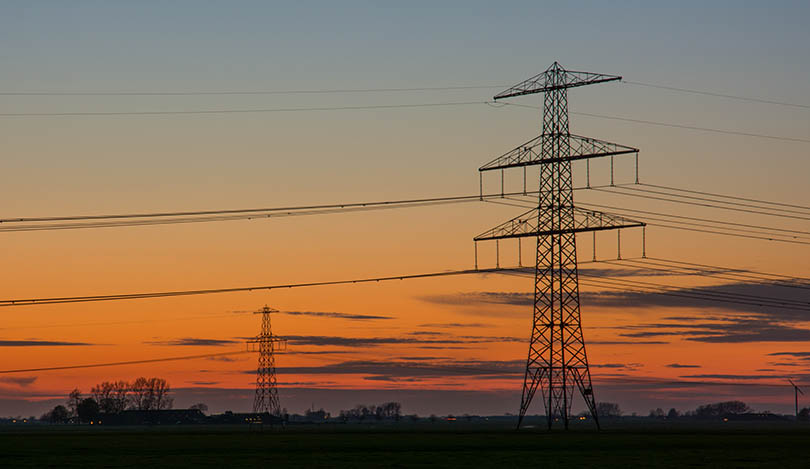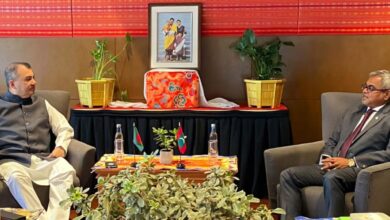Bhutan to Import Increased Electricity from India Amid Growing Demand
A senior official from the power sector has projected the import of over 1,500 million units during these five months, potentially exceeding an estimated INR 6 B, depending on the prevailing electricity prices on the Indian Energy Exchanges.

Thimphu: As Bhutan prepares for its upcoming lean season, the nation is gearing up to import electricity from India for an extended period, lasting approximately five months, from December this year to April next year. This endeavor is expected to incur a cost of approximately Nu 6 Billion (B), signifying a substantial increase compared to previous years.
Traditionally, the Druk Green Power Corporation (DGPC) imported electricity from India for only three months. However, due to escalating domestic demand, last year witnessed a four-month import period. During the period from December 2022 to March 2023, DGPC imported 367.17 million units of electricity, amounting to Nu 1.75B.
A recent study conducted by the Department of Energy, Bhutan Power Corporation, Bhutan Power System Operator, and DGPC has revealed a necessity to import energy for five months from 2023 to 2024. This shift is primarily attributed to the expected surge in domestic demand, driven by several high-voltage consumers coming online.
A senior official from the power sector has projected the import of over 1,500 million units during these five months, potentially exceeding an estimated INR 6 B, depending on the prevailing electricity prices on the Indian Energy Exchanges.
Notably, import rates are higher than export rates; however, strategic planning can help offset the significant import bill. This involves generating more energy by releasing water from reserves during the lean period when demand for electricity drops in India, affecting market prices.
While export tariffs are based on long-term Power Purchase Agreements (PPAs), imports are executed through Indian energy spot markets, which have been evolving. In the future, there may be opportunities for more comparable energy import prices.
Additionally, Bhutan is anticipating an increase in generation capacity with the commissioning of the 118 MW Nikachhu project by the end of December 2023. Although this project is expected to contribute 23 MW of firm power capacity during the winter months, the Punatsangchhu II project will add another 164 MW. Despite these additions, the winter deficit is projected to persist, necessitating continued imports.
Bhutan’s energy sector is actively exploring diversified energy supply options to address the growing demand. Solar power is emerging as a cost-effective solution to supplement the winter energy deficits, with plans underway to initiate and install around 500 MW of solar generation capacity over the next few years. These initiatives aim to secure Bhutan’s energy needs and reduce its dependency on imported electricity during the lean season.




